ENEMIES OF ROME 5.1 - MITHRIDATES - The Rise of the Poison King
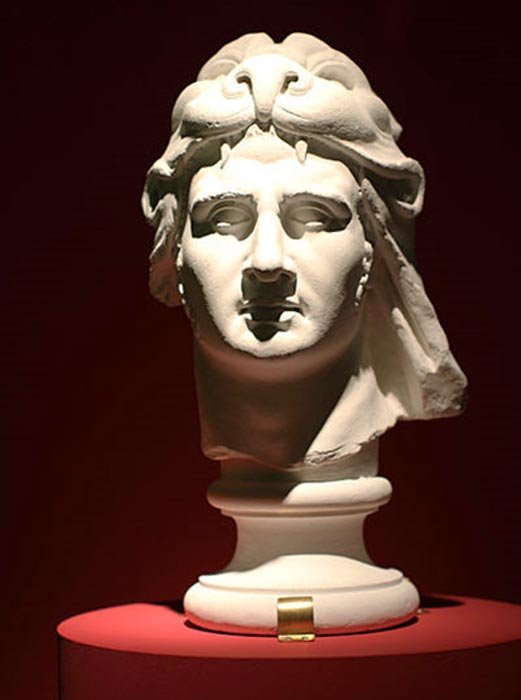
A kingdom is born
As his name indicates, when Mithridates VI was born in 134 BC, he was the 6th ruler of the same name to rule over the kingdom of Pontus, a small statelet stretching on the northern coast of Anatolia - which broke off from the huge empire of Alexander when this one died in 323 BC.
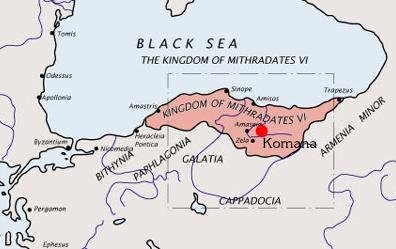
The Mithridatic Dynasty
The name of this Persian nobleman was Mithridates (which meant in Old Persian “Sent by Mithra”) and he was given the nickname “Ktistes”, meaning “Builder” to show he was the founder of a dynasty destined to last. His successors managed to fend off the attempts of the much bigger Seleucids and Ptolemaic kingdoms to subdue it, and then started to expand - slowly but surely - south, east and west, being limited at the north by the Black Sea. As can be seen in the image below (town of Amasya, modern day), the country was rough, easy to defend, difficult to conquer, fertile and also rich in minerals like silver.
”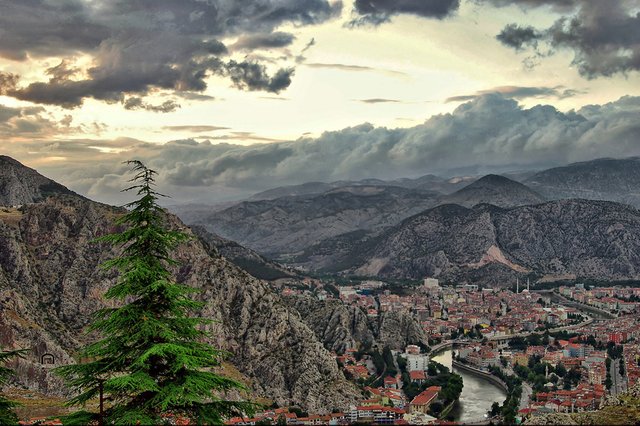
By 150 BC, Mithridates V arrived on the throne to start a successful 30 year long reign, allying himself with the Roman Republic as well as the Armenian kingdom in the East, making of his state a powerful player in Asia. In the process, he acquired the title of Evergetes (the Benefactor) for his generosity towards Greek cities, artists and his people. However, this didn’t avoid him from falling a victim of poison during a banquet in his capital of Sinope in 120 BC (below: a print of 1857 showing the city of Sinope on the Black Sea).
”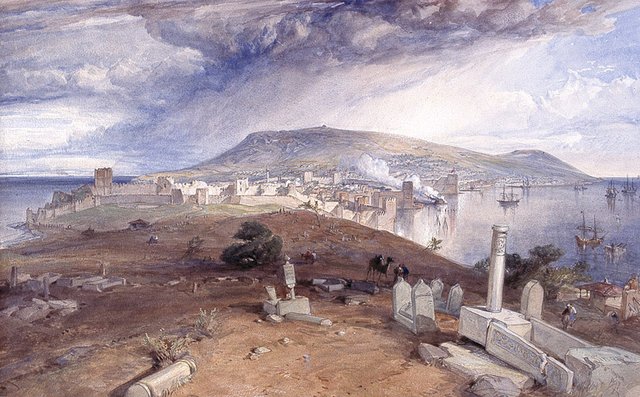
Young Mithridates
The hero of our tale, Mithridates the 6th of his name, was barely thirteen years old when his father died. He was destined to rule by birth, but his mother - Laodice - seemed to have favoured his younger brother Mithridates Christus, for unknown reasons.
What we know, is that the young Mithridates felt his life sufficiently threatened at the Pontic court to go into exile/hiding. While his mother and brother enjoyed all the perks of their class, deferring more and more to the Roman republic in all public affairs, the young Mithridates accustomed himself to hardship and learned to make the most of his environment and resources. He soon became a complete warrior, a cunning diplomat, a skilled hunter and a charismatic leader, making himself adored by the common people, learning from them - it is said - all the idioms spoken in his kingdom.
More importantly for his legend, Mithridates also devised a serum against poisons. We can assume that the memory of his father being poisoned at a banquet left a bad taste in the mouth of the young prince. Determined not to succumb to the same trick, he slowly developed an immunity by drinking small amounts of all kinds of poisons every day.
The Return
Once his informal education complete, now feeling secure enough to confront his mother and brother, sustained by an overwhelming popularity among the population, Mithridates came back to the Pontic court around 115BC and quickly removed his mother and brother from power.
We can assume that the aloofness of his relatives, and their close ties with the Roman republic did them no favour among the army and the population, while Mithridates could rely on his charisma, his culture and his good looks to remind everyone of his father. The clemency he showed by having his mother and brother jailed (instead of executed) may have been a convenient ploy because they died shortly thereafter in jail, of natural causes, which may be too convenient to be true.
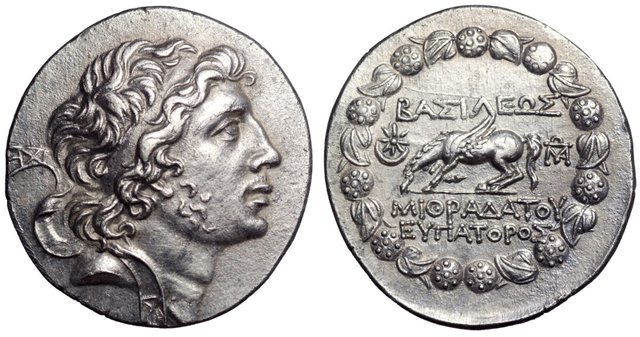
Whatever the means, Mithridates was now the sole ruler of Pontus and he married his 16 year-old sister, called Laodice. Unions between brothers and sisters were not rare in the Ancient World, and had be done before in the Pontic kingdom. By this, Mithridates clearly wanted to show that he felt confident enough not to depend on any alliance with any other kingdom. He obviously had a grand vision for his reign and his kingdom.
And soon enough, the opportunity came knocking at the door: a delegation from the Greek cities in Crimea came to the capital of Sinope, asking for help against the Scythians and Sarmatians tribes which had sacked their towns and threatened to wipe them out of existence. Mithridates knew his time had come...
TO BE CONTINUED...Sources:
http://mithridat-eupator.ru/biblioteka/Mithridates_VI_and_the_Pontic_Kingdom_Hojte_2009.pdf
http://www.perseus.tufts.edu/hopper/text?doc=Perseus%3Atext%3A1999.01.0230%3Atext%3DMith.
http://www.livius.org/articles/person/mithridates/?
Images credits:
Really, THE END?
Not "to be continued"?
Corrected :) Thanks!
Can't wait to read part 2! What poisons was he ingesting?
It is said that he tried his luck with as much as 50 ingredients to concoct a special antidote. The list is lost but we can bet there was at least among those aconite), hellebore, belladonna, yew trees, and hemlock.
Interesting! Thank you!